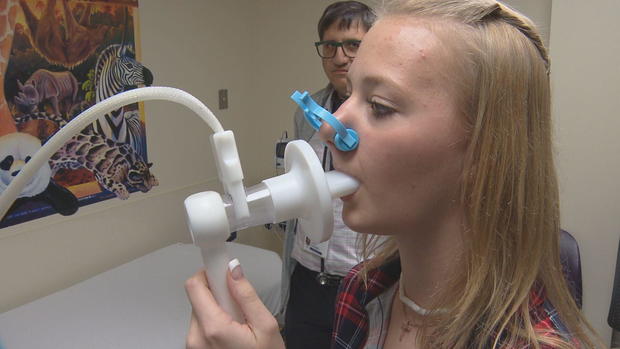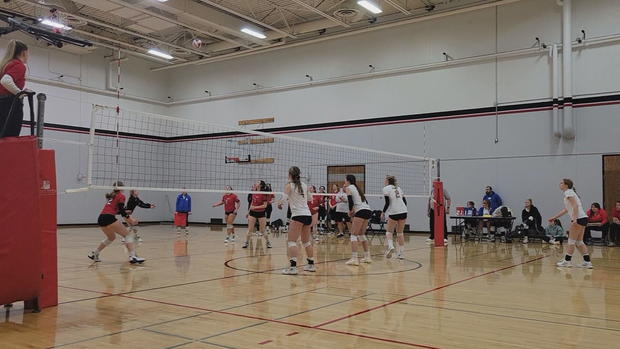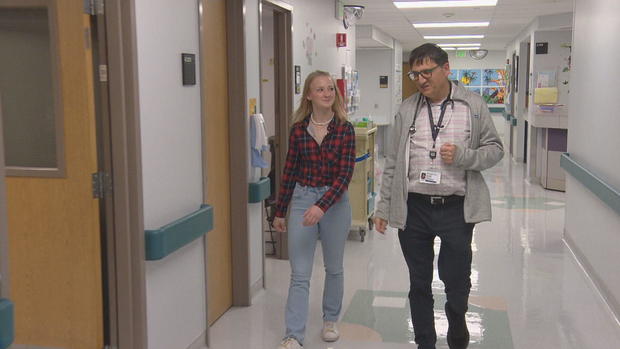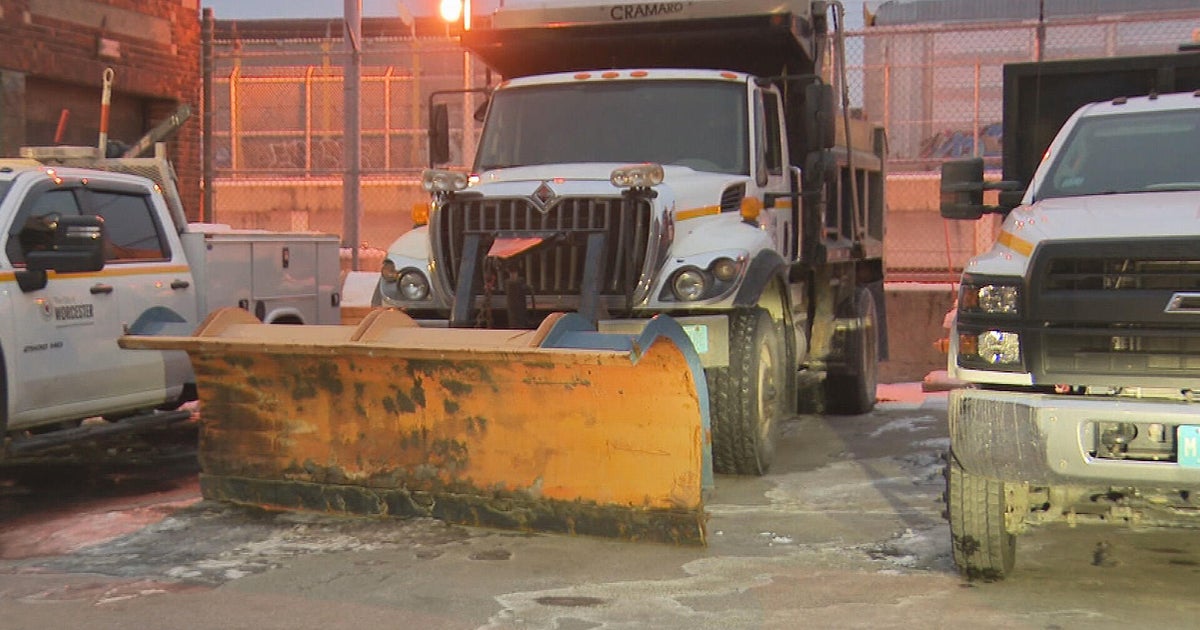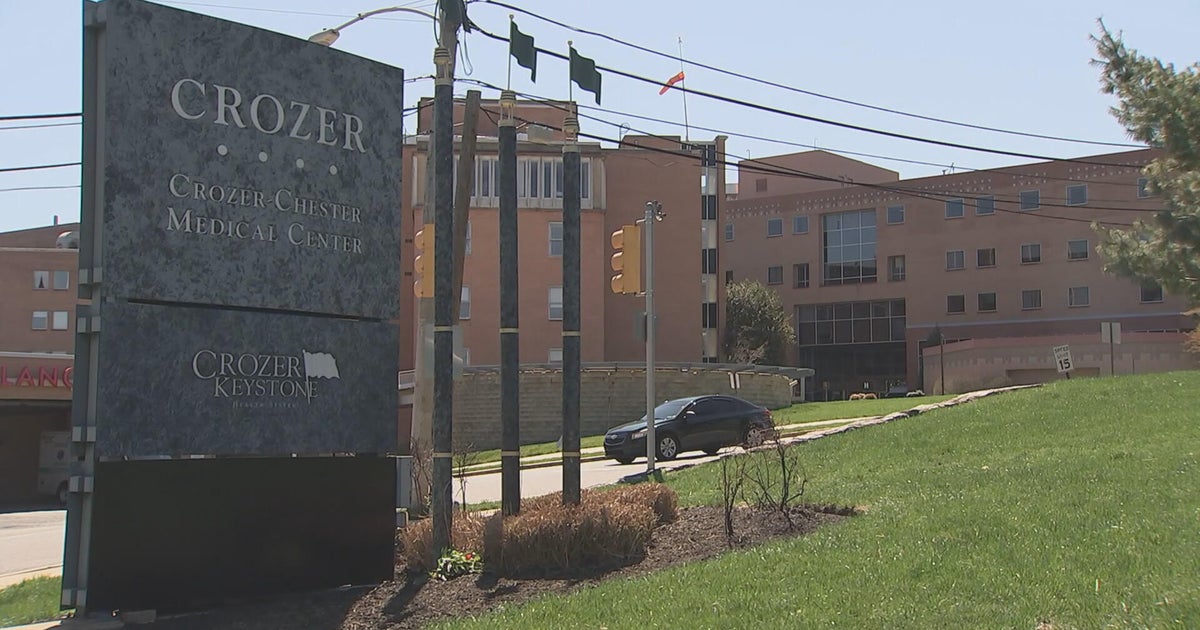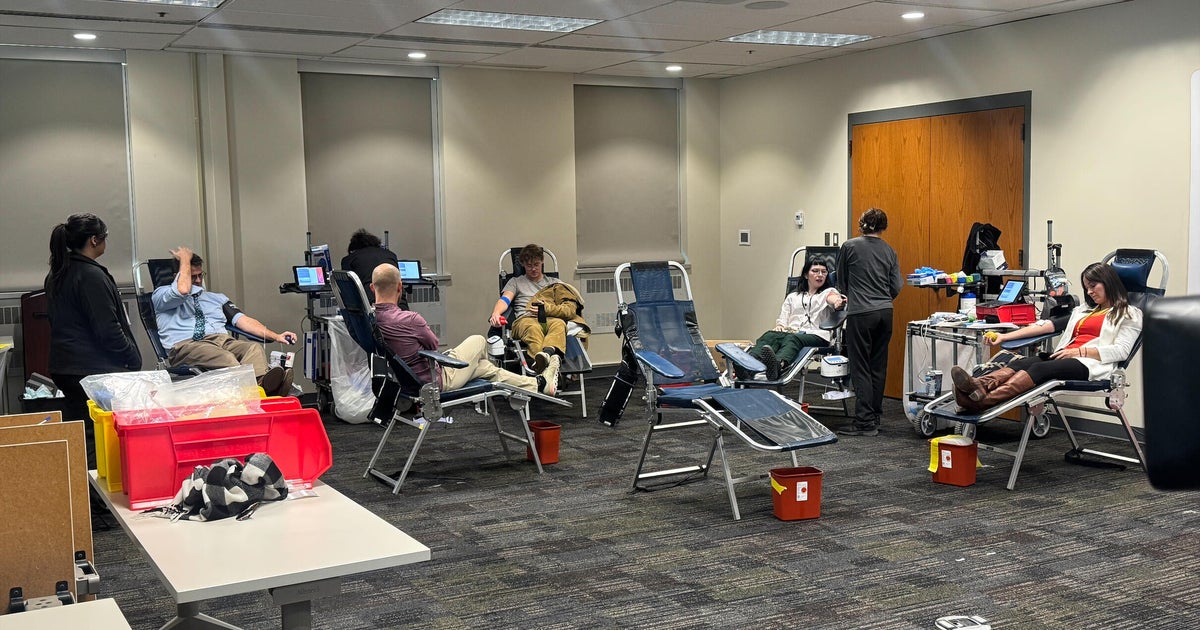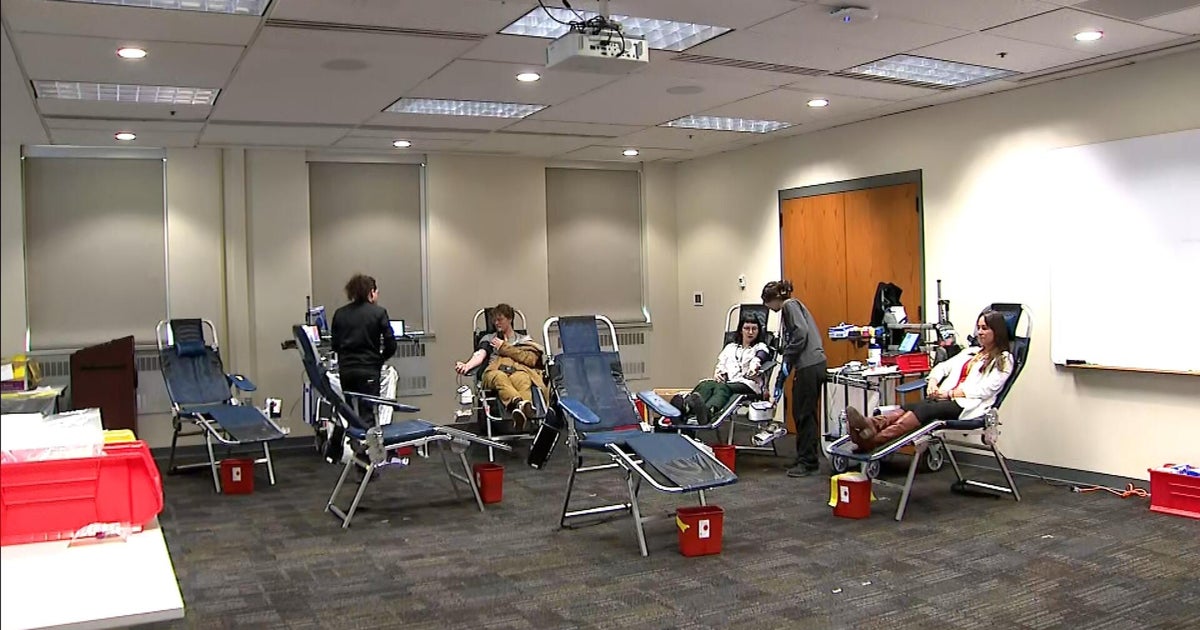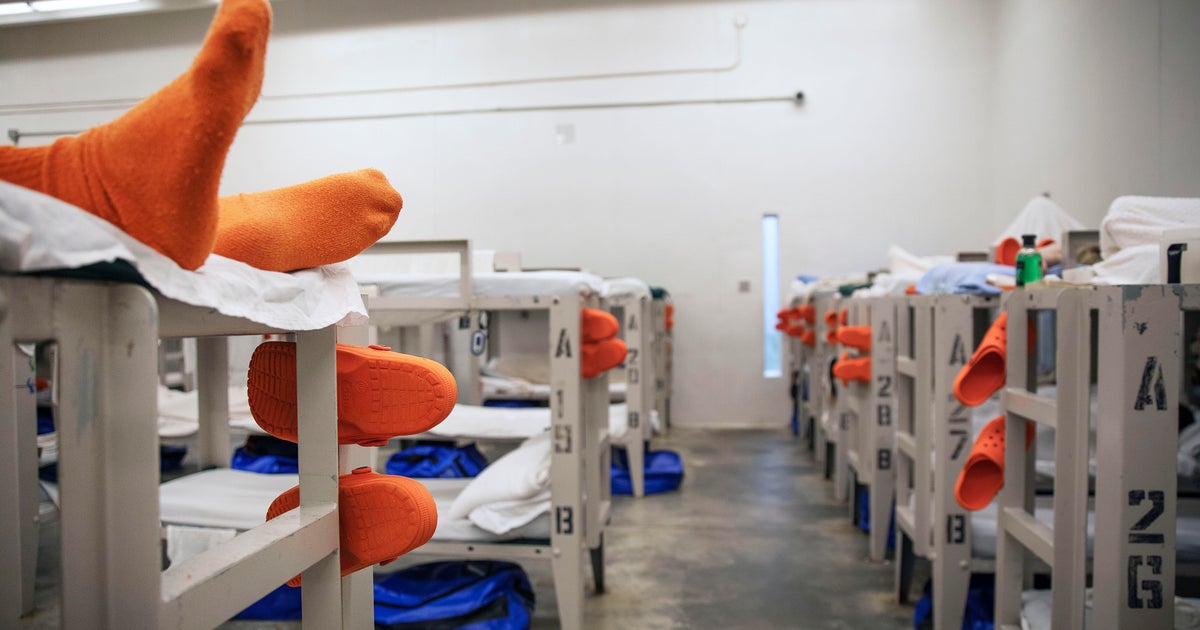COVID causing long-term health problems for many young people: "I felt so defeated"
COVID presented many different challenges to the health care industry, including equipment shortages, treatment challenges, and staffing concerns. One challenge that no one was prepared for was the long-term health problems that many people have faced in the wake of COVID. Doctors are seeing symptoms last weeks, months, and even years after the virus should be long gone.
"In medical school, we didn't have long COVID obviously," said Nathan Rabinovitch, Director of the Pediatric Care Unit at National Jewish Health.
Doctors across the country are learning how to treat and define long COVID in real-time. The Centers for Disease Control and Prevention defines long COVID as a wide range of new, returning and ongoing health problems occurring more than 4 weeks after someone's initial bout with the virus.
At National Jewish Health, Rabinovitch has set aside a whole floor for long COVID in the pediatric unit. Patients come from all over the country to get treated on that floor.
"All the kids on this floor have a behavioral therapist. They get rehabbed. They get physical therapy, and they get seen by multiple physicians, and that's what you have to have. You need a quarterback and multiple specialists," Rabinovitch explained.
He said that National Jewish Health is uniquely positioned to offer that kind of multi-faceted care because it already provides multi-faceted care for a wide range of pulmonary diseases. In most long COVID cases, you're dealing with more than just the symptoms of the virus, there are usually some secondary issues that need to be treated too.
"I think of COVID as the great accelerator. That if you have some kind of susceptibility to some kind of disease, and you get COVID, it seems to kind of accelerate the potential for getting that disease," said Rabinovitch.
That is exactly what happened to Keira Thompson.
"My COVID symptoms weren't that bad, so when I came back it was a really easy return. Then, 2 months later I got super, super sick," Thompson told CBS News Colorado.
Thompson is a national championship-level volleyball player. She plays on a club team as well as for the Lakewood High School team.
"I mean volleyball… it's my whole life. It's my passion," she explained.
COVID threatened to take her passion away.
"There was a while there where we were talking about me stopping playing volleyball," she said.
"When most people get COVID, they think it's going to last a week and then they'll be back to normal. What was it like for you when your symptoms came back?" asked CBS New Colorado's Michael Spencer.
"I felt so defeated. I really wanted to serve in the military and go play volleyball at a high-level volleyball program. But, unfortunately, after I got diagnosed with all my stuff from long COVID I wasn't able to serve in the military anymore," Thompson replied.
She describes a long list of debilitating symptoms, including chest pains, difficulty eating, dizziness, and brain fog.
"My version of a good day at the peak of this was I barely got out of bed and ate a meal."
She ended up spending two weeks being treated at National Jewish Health. She was diagnosed with new-onset asthma and postural orthostatic intolerance (POTS), where a person faints when they stand or move suddenly. Both of those diagnoses prevent Thompson from serving in the military and playing volleyball at her previous level.
"I'm getting better every day, so I'm hoping that in the next few years, I'll be completely better, but I'm not sure," she said.
Thompson is still taking 36 medications and supplements that help mitigate some of the lasting symptoms.
"Keira, if you look at her lung function, she's doing better, so I think she has improved and will continue to improve," Rabinovitch said.
Thompson has an amazing, resilient spirit. She has become a beacon of hope for other teens with long COVID and plans to start a support group for them this summer. She said that it's really important to be in touch with other people who are going through what you're going through because a lot of people still don't believe long COVID is real. In addition to helping other people, Thompson has a new plan for her future.
"I'm hopefully going to play D2 volleyball at a Christian school. I want to own my own business, hopefully, my own volleyball club."
